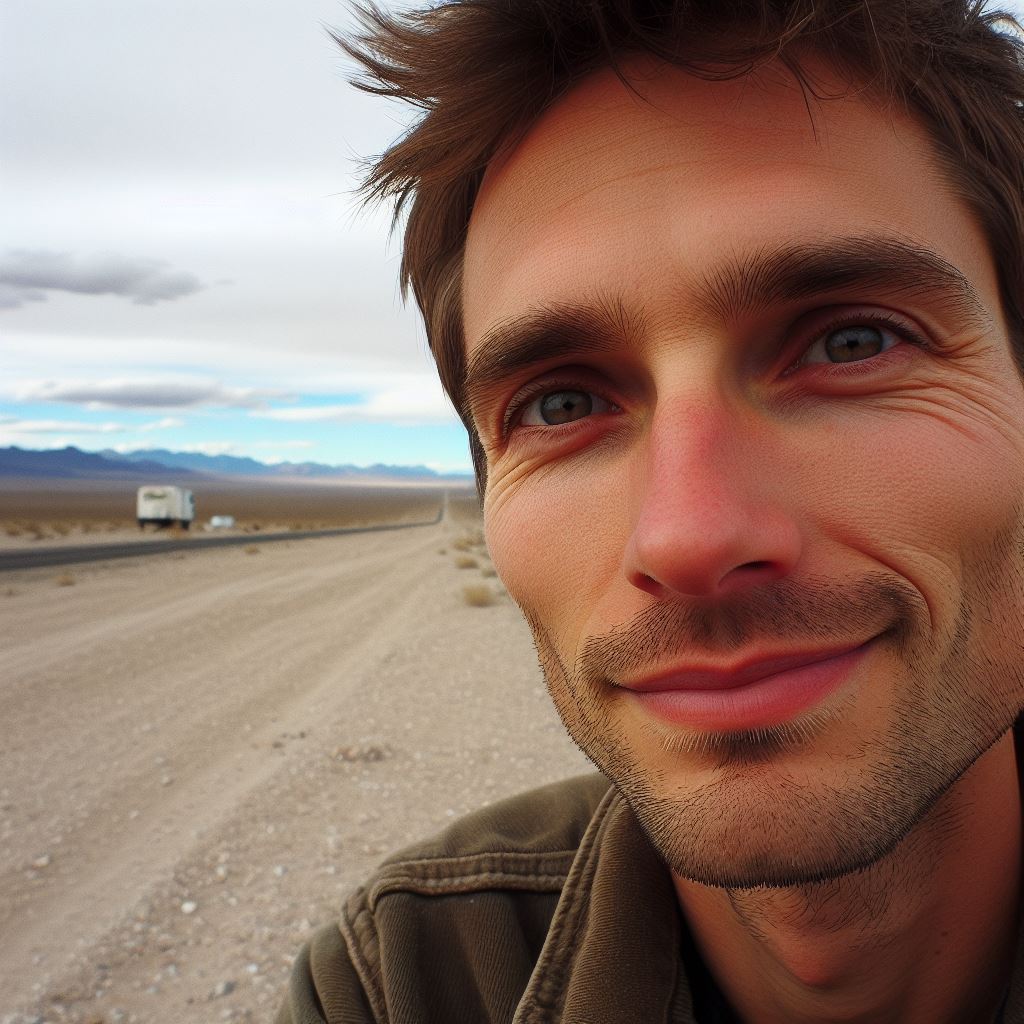The biggest effect wildfire has on wildlife habitat is by altering the three things animals need most: food, water, and shelter . Tender understory plants and shrubs that provide food are lost, and this loss often results in wildlife moving away to areas where food, water, and shelter are more readily available.
How do wildfires affect people and the environment?
It plays a key role in shaping ecosystems by serving as an agent of renewal and change. But fire can be deadly, destroying homes, wildlife habitat and timber , and polluting the air with emissions harmful to human health. Fire also releases carbon dioxide—a key greenhouse gas—into the atmosphere.
How do wildfires affect the local wildlife?
Atypically large patches of high-severity fire can hinder the ability of an ecosystem to recover , potentially undermining conservation of native biodiversity by long-term or permanent loss of native vegetation, expansion of non-native, invasive species, and long-term or permanent loss of essential habitat for native ...
What are positive effects of wildfires?
Fire removes low-growing underbrush, cleans the forest floor of debris, opens it up to sunlight, and nourishes the soil . Reducing this competition for nutrients allows established trees to grow stronger and healthier. History teaches us that hundreds of years ago forests had fewer, yet larger, healthier trees.
How wildfires affect humans and animals?
Wildfire causes wildlife to move, avoiding flames and searching for new habitat. This migration can cause animals to wander into densely human populated areas and come into contact with humans they would normally avoid. However, there are many positives to wildlife and the ecosystem at large as well.
What is the impact of wildfires on humans?
Wildfires increase air pollution in surrounding areas and can affect regional air quality. The effects of smoke from wildfires can range from eye and respiratory tract irritation to more serious disorders, including reduced lung function, bronchitis, exacerbation of asthma and heart failure, and premature death.
Who is most affected by wildfires?
| Rank State Number of fires | 1 California 10,431 | 2 Texas 6,713 | 3 Arizona 2,524 | 4 Montana 2,433 |
|---|
What are the long term effects of wildfires?
Plants on the forest floor or smaller trees are often destroyed by wildfires, while larger trees are able to survive as long as the fire does not spread into the tree canopy. The flames from these fires destroy the food source and homes of many animals , threatening their survival.
Are wildfires good or bad?
Wildfires can be good and healthy for a forest . The fires clean the forest floors and allow beautiful flowers and mushrooms to return and grow. Fires also get rid of diseased trees and nasty bugs that can kill the trees. Some trees need the fire to release their seeds to grow, like Lodgepole pines.
What are the main causes of wildfires?
Human beings are the number one cause of wildfires in the United States. Many of these wildfires are caused by cigarette butts being left on the land, campfires that have been left unmonitored, as well as intentional acts of arson.
What is the role of fire in our day to day life?
Fire has been used by humans in rituals , in agriculture for clearing land, for cooking, generating heat and light, for signaling, propulsion purposes, smelting, forging, incineration of waste, cremation, and as a weapon or mode of destruction.
How can we prevent wildfires?
- Check weather and drought conditions. ...
- Build your campfire in an open location and far from flammables. ...
- Douse your campfire until it’s cold. ...
- Keep vehicles off dry grass. ...
- Regularly maintain your equipment and vehicle. ...
- Practice vehicle safety.
What diseases can come from wildfires?
The effects of smoke from wildfires can range from eye and respiratory tract irritation to more serious disorders, including reduced lung function, bronchitis , exacerbation of asthma and heart failure, and premature death.
What are the causes and effects of wildfires?
90% of all wildfires are caused by humans. Human acts of carelessness such as leaving campfires unattended and negligent discarding of cigarette butts result in wildfire disasters every year. Accidents, deliberate acts of arson, burning of debris, and fireworks are as well other substantial causes of wildfires.
How do wildfires affect the economy?
As wildfires become a more significant risk around the world, it’s important to consider the ways that fires and fire season affect the economy. An economic study has estimated that each additional day of smoke exposure from a wildfire reduces earnings in a community by about 0.04% over two years .
What is the biggest wildfire in history?
The Peshtigo Fire of 1871 was the deadliest wildfire in recorded human history. The fire occurred on October 8, 1871, on a day when the entirety of the Great Lake region of the United States was affected by a huge conflagration that spread throughout the U.S. states of Wisconsin, Michigan and Illinois.
